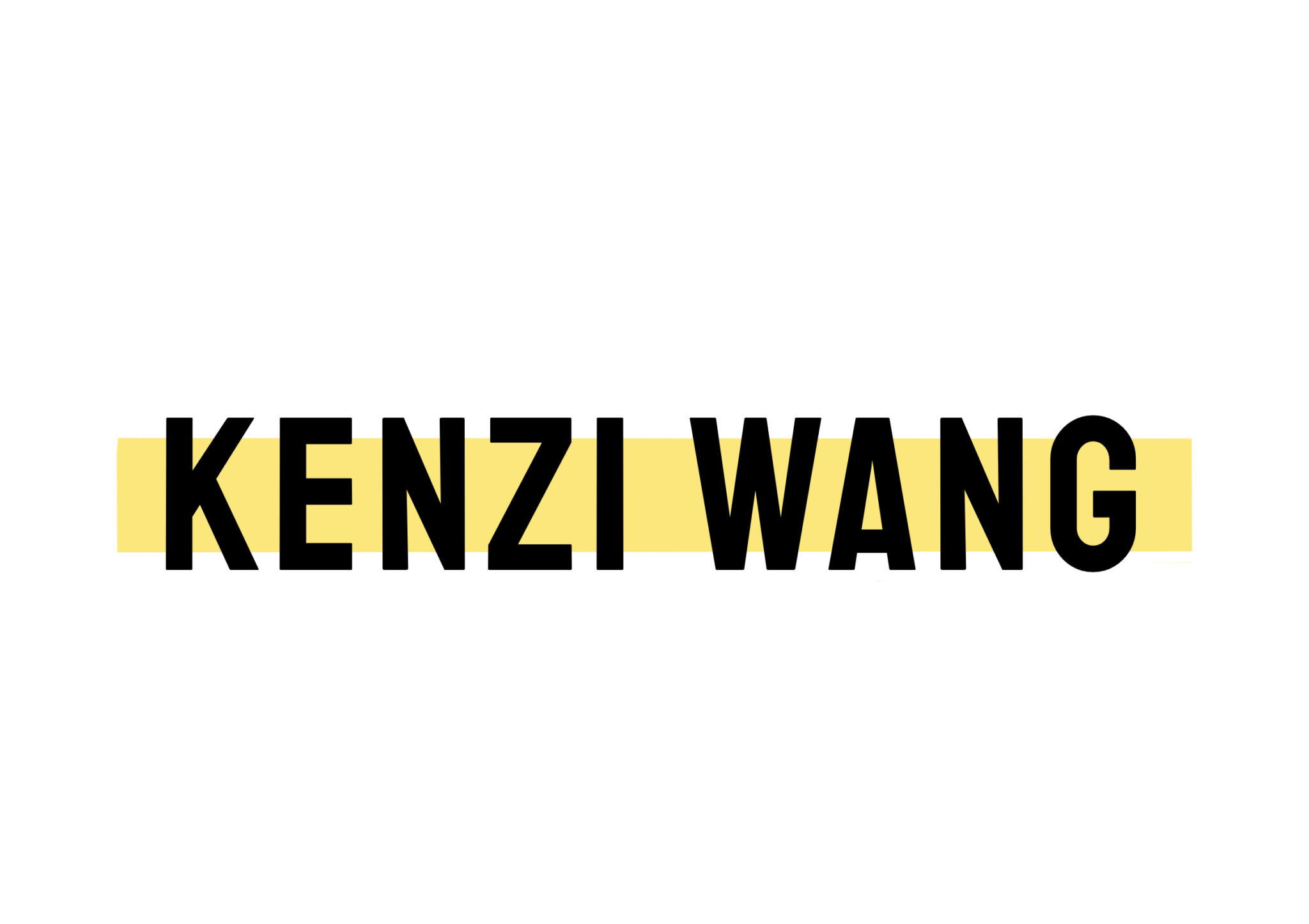In this episode of Web3 Unlocked, Kenzi Wang speaks to Andrew Durgee on the work Republic is doing, its various arms, the current market cycle, the impact of the recent Terra-Luna crash, and why Republic has zero attrition. Here are edited excerpts from the podcast:
Republic, in a nutshell
The mission of Republic has been to democratize finance and increase access and inclusion. But unfortunately, the regulatory framework makes it very difficult for retail investors to invest in early-stage startups in the US. The framework is based on an accreditation system with a series of requirements that need to be satisfied for an investor to participate in an early-stage venture. These include an average annual income above $200,000 or an average household income above $300,000 or a net worth of $1 mn (not including one’s home) and a few other parameters that keep a lot of retail investors out.
Andrew’s Web3 Journey
The Bitcoin Crash
The Luna-Terra Crash
Current Valuations
Advice for Founders
Fund Strategies
Secret Sauce for Success
Here is a list of the selected time stamps on the different topics discussed during the podcast:
01:00 – 02:23: About Republic
02:35 – 06:08: Andrew’s journey in Web3
06:51 – 09:34: Republic’s entry into the crypto space
09:44 – 10:47: Reg A
11:30 – 13:00: Republic Crypto
13:30 – 16:27: Securities and tokenization
18:31 – 23:32: Building Republic
24:19 – 27:56: Surviving Covid 19
29:51 – 31:56: The Luna-Terra Crash
32:34 – 34:49: Current market valuations
35:51 – 42:02: Advice for founders
42:44 – 46:15: Crypto Mega Funda
53:01 – 53:57: The concept of the supercycle
55:00 – 56:34: Advice for young graduates
57:02 – 59:41: Fund Strategies
01:03:01 -01-05-56: Andrew Durgee’s mentors
01:06:20 – 01:10:15: The secret sauce for success
Follow us on Twitter to be in the loop for all the fun we are having.



